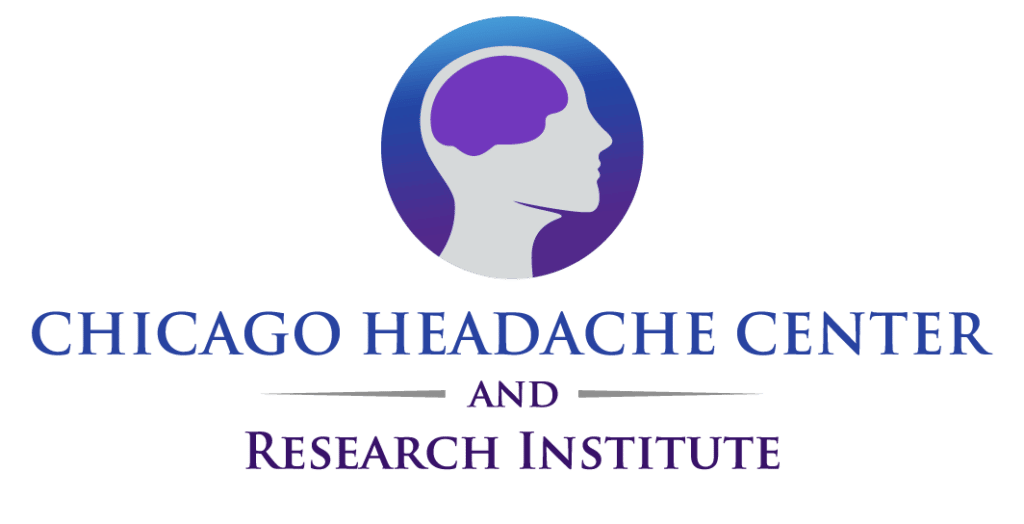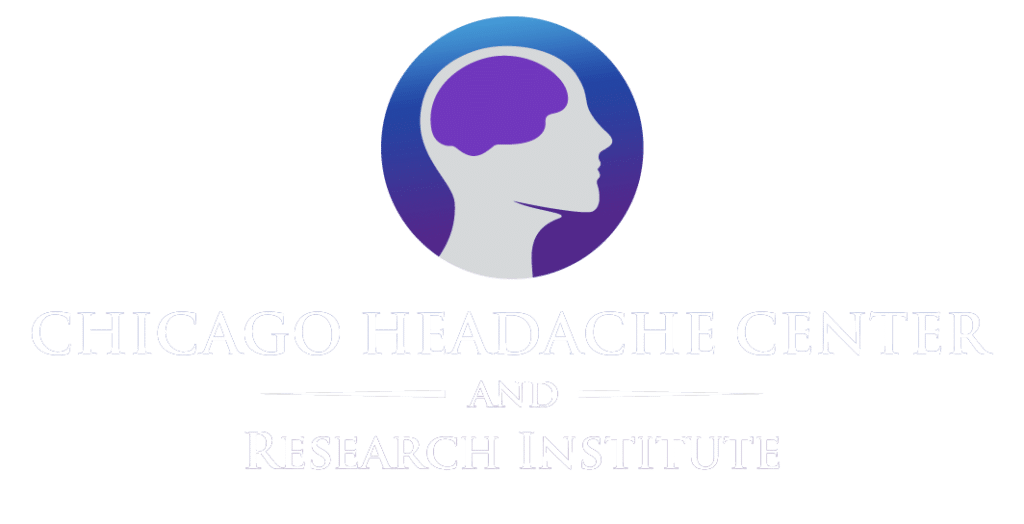Caffeine may be considered a “double-edged sword” in headache and migraine. Indeed, there are thought to be some benefits to caffeine, including:
- Caffeine may stimulate wakefulness in some people
- Caffeine may help to increase concentration in some
- Caffeine might decrease the sensation of fatigue in some individuals
However, caffeine does have some significant drawbacks, including:
- Excessive caffeine can cause side effects, such as palpitations, jitteriness, anxiety, and difficulty sleeping
- Chronic consumption of caffeine can have a “flip side” and cause a person to feel more fatigued
- Withdrawal may cause “caffeine withdrawal”
- Symptoms can be similar to a migraine “prodrome,” or “pre-migraine”
- Drowsiness
- Headache
- Mood changes, difficulty focusing, nausea, muscle pain/stiffness
- Symptoms can be similar to a migraine “prodrome,” or “pre-migraine”
- It is thought that “acute withdrawal” may be the reason the overuse of caffeine often worsens migraine. The withdrawal may send the migraineur into a migraine attack.
- In headaches: caffeine may have a dual effect – relieving in some instances but triggering in others
- A “viscous cycle” can come about when caffeine is the only way to relieve the withdrawal syndrome and, thus, the overuse continues
So, how much caffeine is too much caffeine?
- For people with episodic migraine (fewer than 15 headache days per month):
- Limit to 1-2 caffeinated beverages daily (or approx. 200 mg caffeine)
People with Chronic Migraine (15 or more headache days per month) or daily headache:
- Consider avoiding caffeine completely
- Using more than 100 mg caffeine daily is a known risk factor for developing daily headache
- Caffeine – containing medications are part of the daily amount
- Limit to no more than 2-3 days per week
- Reduce caffeine intake SLOWLY, by 25% each week, to avoid caffeine withdrawal symptoms
In summary, while caffeine may in some cases help to relieve attacks of migraine, excessive use (and even use that is not excessive in some people) may lead to an increase in the frequency and severity of migraine episodes. There are other potential risks from caffeine beyond headache and migraine, and a person should discuss how these risks may impact them with their healthcare providers.

















